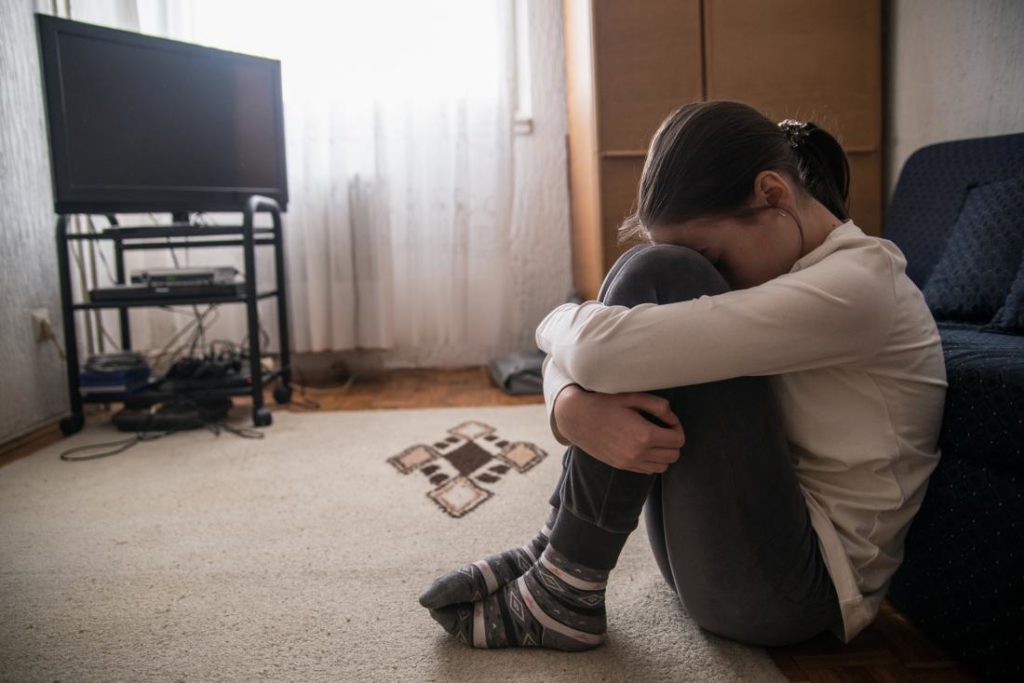Living with a chronic illness is something no one wants to deal with. Unfortunately, millions of Americans are currently living with a chronic illness. And because chronic illnesses last for a long time and cannot always be cured, this can take a toll on mental health as well.
Depression is commonly seen in those suffering from a chronic illness, and it is also often overlooked. But can therapy help those who are battling both depression and a chronic illness?
How common is depression in those with chronic illnesses?
Statistics show that around one-third of people who have a serious medical condition also show signs of depression. Symptoms of depression can include a loss of interest in enjoyable activities, changes in appetite and sleep schedules, fatigue, lack of emotion, and even suicidal thoughts.
Depression is thought to be common in people who have chronic illnesses because having a chronic illness involves a big life adjustment. A chronic illness can often result in a loss of independence, changes in relationships, and physical changes. People with chronic illnesses may feel like they can’t participate in life like the people around them can, and they may develop intense feelings of isolation and uncertainty about their future plans.
Dealing with these changes can be stressful, to say the least. And because of these changes, a certain level of stress, sadness, and even anger is to be expected. However, when a person’s depression is diagnosed as clinical — which is more serious — they often require treatment. Treatment options for depression typically include antidepressants and therapy.
How can therapy help with depression associated with chronic illness?
Treating depression in those with chronic illnesses can be difficult, but it’s certainly not impossible. Anyone suffering from depression can consider looking into resources like Therapy Group of NYC, an expert in therapy treatment.
Therapy is designed to help people take a deeper look into their feelings — in this case, feelings regarding their chronic illness and depression. Exploring these feelings can give patients a better understanding of why they feel and think the way they do, which can also help them understand how their negative thoughts impact their behaviors.
One of the biggest benefits of therapy — in regards to chronic illness — is finding coping methods. It can be extremely difficult to cope with not only the physical part of a chronic illness, but the emotional and mental parts as well. Coping methods, like journaling, art, or other activities, can be developed with the help of a therapist.
There are even different types of therapy patients can explore. Cognitive behavioral therapy can be particularly helpful for people with chronic illnesses. This kind of therapy teaches people to replace the negative behaviors and thoughts associated with their depression with positive thoughts and behaviors.
Therapy can also help by giving support as patients learn ways to vouch for themselves. Self advocating can be a challenge when you have a chronic illness, especially if the patient has to rely on others to help them with daily activities. But learning to express wants and needs can be a huge help in having a healthier mentality regarding the chronic illness, as it can result in a restored sense of independence.
Overall, therapy can help those with chronic illnesses find different, more positive ways to think about their illness. In doing so, they may find a more positive outlook on life, healthier coping mechanisms, and less stress in general. It’s important to find the right therapist, possibly one that specializes in helping people with chronic illness.
But either way, going to therapy can provide a source of hope and can help those with depression and chronic illness find their inner strength and positivity again.
To read more on topics like this, check out the lifestyle category.
